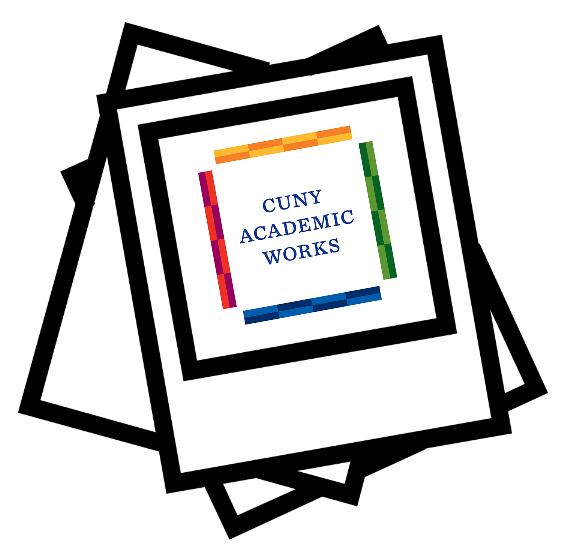CUNY Academic Works Monthly Report: March 2017

During the month of March, CUNY Academic Works grew by 164 new items, received 48,355 new downloads, and reached a new milestone! Almost two years since the soft launch of CUNY Academic Works in March 2015, content was downloaded over 500,000 times. This number only continues to grow as CUNY-generated white papers, peer-reviewed journal articles, and student theses are downloaded from all over the world.
The five most downloaded works in March include:
- Media Representation of Asian Americans and Asian Native New Yorkers’ Hybrid Persona
Series: Theses and Dissertations at the CUNY Graduate Center - The Growth of Incarceration in the United States: Exploring Causes and Consequences
Series: Publications and Research at John Jay College - Reframing School Dropout as a Public Health Issue
Series: Publications and Research at Hunter College - An Analysis of the South China Sea Dispute: Focusing on the Assessment of the Impact of Possible Solutions on the Economies of the Region
Series: Master’s Theses at City College of New York - Psychosis in Films: An Analysis of Stigma and the Portrayal in Feature Films
Series: Master’s Theses at City College of New York
Best Practice when Setting up ILL Accounts in Aleph
The best practice when setting up ILL accounts in Aleph is to set up individual accounts (patron status “32.ILL”) for individual ILL borrowers. Having all ILL loans go out under one individual account is not a good practice for several reasons. For example, it is not technically possible in Aleph for a single account to have unlimited loans. There are several advantages to individual accounts:
- ILL borrowers (the libraries making the request, not their patrons) would receive all patron notices and billing for un-returned items
- Borrowing Libraries would have a “bill” or lost materials notices to hand their patrons
- The notices can be targeted to a specific individuals at the borrowing organizations, for better communication
- Fewer ILL loans to the same account means one is less likely to hit a ‘limit’
- Several CUNY libraries may lend to the SAME borrower, but only one account is maintained. The work is thus distributed.
You can get more information, including a sample list of such accounts already set up in Aleph, on the OLS Support Site.

